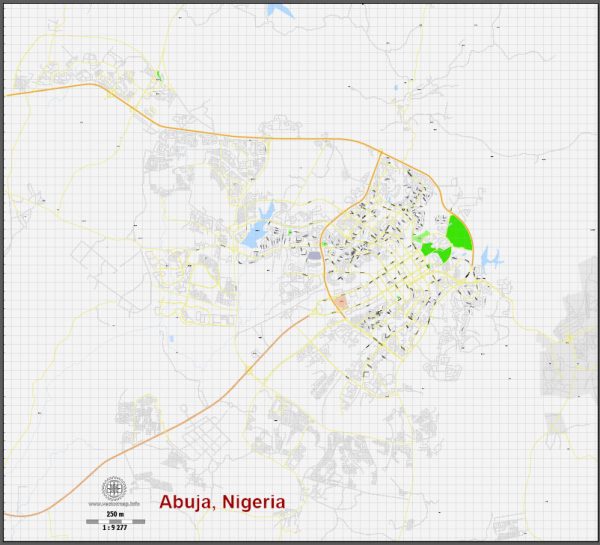Abuja is the capital city of Nigeria, and its creation as the capital and development into a modern metropolis is a significant part of Nigeria’s history. Here is an overview of the history of Abuja’s creation and development:
- Selection as the Capital:
- Prior to Abuja’s establishment as the capital, Lagos served as Nigeria’s capital city. However, Lagos was not an ideal choice due to its location on the coast, which made it vulnerable to various challenges, including congestion, security concerns, and the inability to accommodate the growing administrative needs of the country.
- Planning and Development:
- In 1976, the Nigerian government decided to move the capital from Lagos to a more central location within the country to foster national unity and equitable development. The site chosen was the largely undeveloped and sparsely populated central region of Nigeria.
- Architectural and urban planning firms were contracted to design and develop the new capital. The main planner behind Abuja’s design was the American architectural firm of Wallace, McHarg, Roberts, and Todd (WMRT).
- The city was carefully planned with modern infrastructure, wide boulevards, and green spaces. It was intended to accommodate the growing population and serve as the administrative center of the country.
- Naming Abuja:
- The name “Abuja” is derived from the Gwari people’s language, who were the original inhabitants of the area. The word “Abuja” refers to a large hill in the city.
- Administrative Functions:
- Abuja officially became Nigeria’s capital on December 12, 1991, following the completion of many key government buildings, including the Nigerian Presidential Complex, National Assembly Complex, and the Supreme Court. These facilities house the various branches of the Nigerian government.
- Growth and Development:
- Over the years, Abuja has experienced rapid growth and development. It has attracted people from different parts of the country and around the world, leading to a diverse and cosmopolitan population.
- The city has also seen significant expansion in terms of infrastructure, housing, and amenities, making it one of the most modern and well-planned cities in Africa.
- Economic and Cultural Hub:
- Abuja is not only the political capital but has also become an economic and cultural center. It hosts numerous international organizations, diplomatic missions, and cultural events.
- Challenges:
- The development of Abuja has not been without challenges, including issues related to infrastructure, housing, transportation, and social inequalities. Some areas of the city remain underdeveloped, and there are disparities in living standards among its residents.
In summary, Abuja’s creation as Nigeria’s capital was a deliberate effort to move the capital to a more central and suitable location for the country’s administrative and political functions. The city’s development and modernization have been ongoing, making it a significant center for governance, culture, and commerce in Nigeria.


 Author: Kirill Shrayber, Ph.D. FRGS
Author: Kirill Shrayber, Ph.D. FRGS